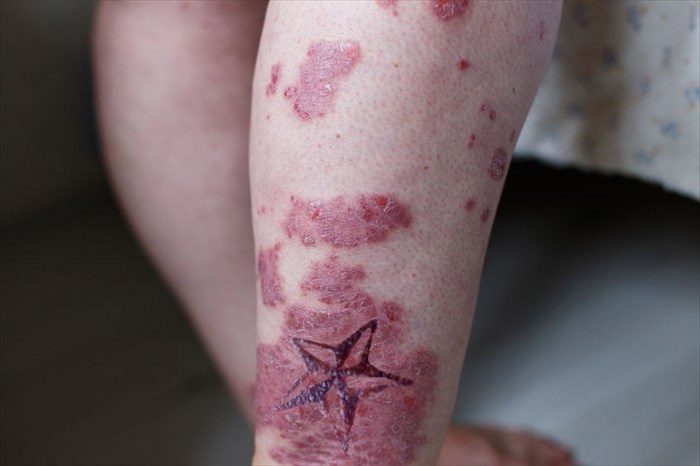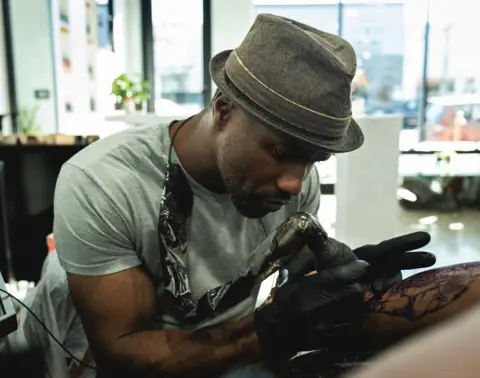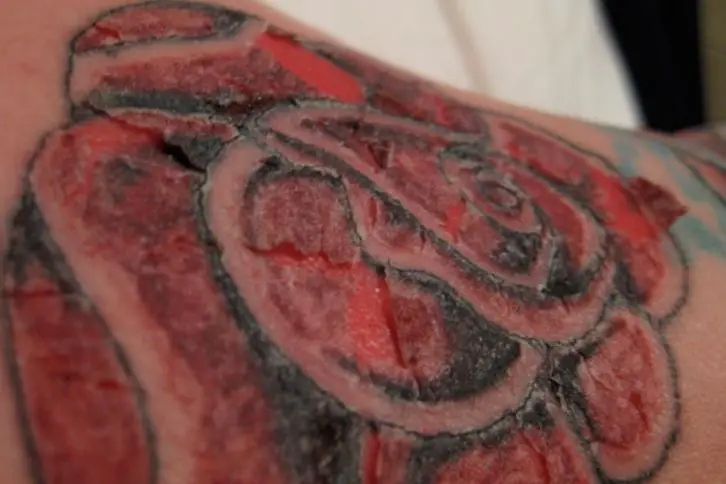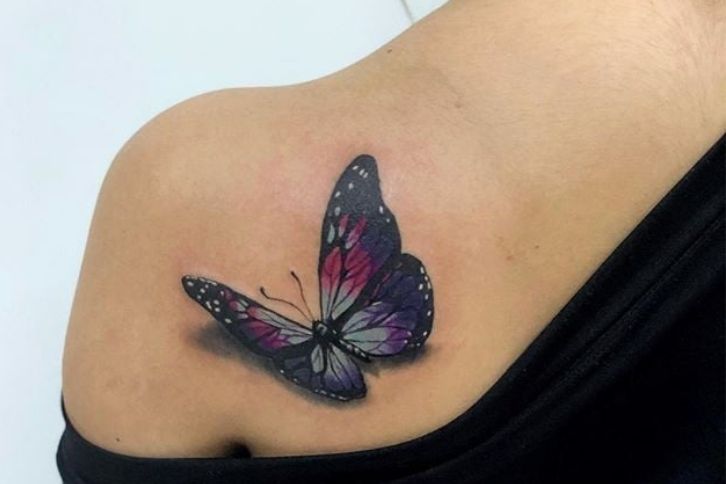A tattoo is a form of body art that can be used to add unique ink designs to the skin. Due to its versatility and widespread acceptance, the ratio of people that get tattoos done has increased significantly.
Its popularity will make you think that it is that easy to enjoy inking an artistic piece on your body. An infected tattoo is one of the risks of adding ink to your skin, amongst others.
Infections can lead to more serious conditions, which may be caused by several things such as infected tattoo needles and poor aftercare. This article will discuss how to recognize a potential infection, prevention, and treatment options.
Symptoms of an infected tattoo
After getting a tattoo, you may notice redness or rash around the skin area. This may be due to the impact of the needle on your skin, which should go down within the first week.
If you notice that it is not getting better, then you need to speak to a professional about it. You can detect an infected tattoo from the following signs:
- Fever can cause the skin to become hot to the touch and cause shivering, or bouts of heat and cold waves.
- Swelling and unusual redness of the skin around the tattooed area, that can cause pus discharge from the skin.
- Hardness of skin tissues and discolored streaks due to the trauma caused by the raised skin.
- There may be itching, accompanied by a rash that might not ease up unless treated.
If you notice any of these, speak to a certified dermatologist.

What causes an infected tattoo?
The chances of getting an infected tattoo are increased when you do not take proper care of your tattoo. There are other factors that can cause your tattoo to become infected, such as:
Bad hygiene: When you keep your tattoo exposed to dirt from clothes, hands, sheets, and lifestyle, it can introduce bacteria to your tattoo. Contaminated tools and ink can also contribute to an infected tattoo.
Bacteria and viruses: Unsanitary conditions introduce organisms to the skin—the common types that cause infections are staphylococcus, streptococcus, viral warts, nontuberculous bacteria, viral hepatitis, and even HIV. If not treated, they can spread to the bloodstream, which can be life-threatening.
Preventive measures
The moment you decide to get a tattoo, what should be on your mind are ways to protect your body as well as how to get a good-looking tattoo. This starts from searching for a licensed tattoo parlor that is endorsed by health authorities. Next, you will have to do some research on their work and check out the reviews from their clients to ensure you settle for the best.
Before the procedure, you should also double-check the tools and get a rundown of how they do their work. Check for neatness, sterilization habits, and all safety measures they stick to. You can also discuss the ingredients used in making the ink, and potential allergies you may have. You should also check if the best-suited ink for your skin type will be used.

After getting the tattoo, you should wait five hours before removing the bandage then follow aftercare instructions which include: using clean hands to care for your tattoo then patting dry with a clean paper towel. This should be done at least three times daily.
Avoid rubbing on the tattooed area. You will also need to apply ointment or lotion to prevent the skin from becoming too dry so it doesn’t develop scabs. Make a mental checklist and tick off these items before you think of showing off your new ink.
Treatment for an infected tattoo
Over-the-counter topical antibacterial creams can be used to treat the rashes and irritation from the needle. For more serious infections, tests will be carried out by taking swaps of the discharge coming from the skin; to enable the doctor to know the cause and the right treatment to administer, as it can be a bacterial or viral infection.
Once the cause is known, then you may be given antibiotic drugs and creams for the minor bacterial infection. Other treatment options may require a draining procedure on the tattooed skin. Although it is not common, some infections can kill the skin tissues. For this, a surgical procedure will be used to treat it.
Conclusion
It is easy to prevent a tattoo from getting infected if you take proper care of it. When such occurs, there are many treatments available. Prevention is the best way to avoid the possible risk of infection, and this starts from choosing a professional tattoo artist and following the aftercare routine to the letter.
An infected tattoo can lead to serious health conditions that can put one on long-term use of medications. Although they can be avoided, they are sometimes inevitable so keep watch for the signs. Do not fret, as any damage that an infection leaves can be repaired when the skin is completely healed.






















About Me
Fashion & Beauty Enthusiast
Hi, I'm Fanti. I'm a fashion, beauty, and lifestyle enthusiast, and the ultimate curves queen. Here, I share beauty, fashion, and lifestyle tips to teach, inspire, and give confidence to all women.